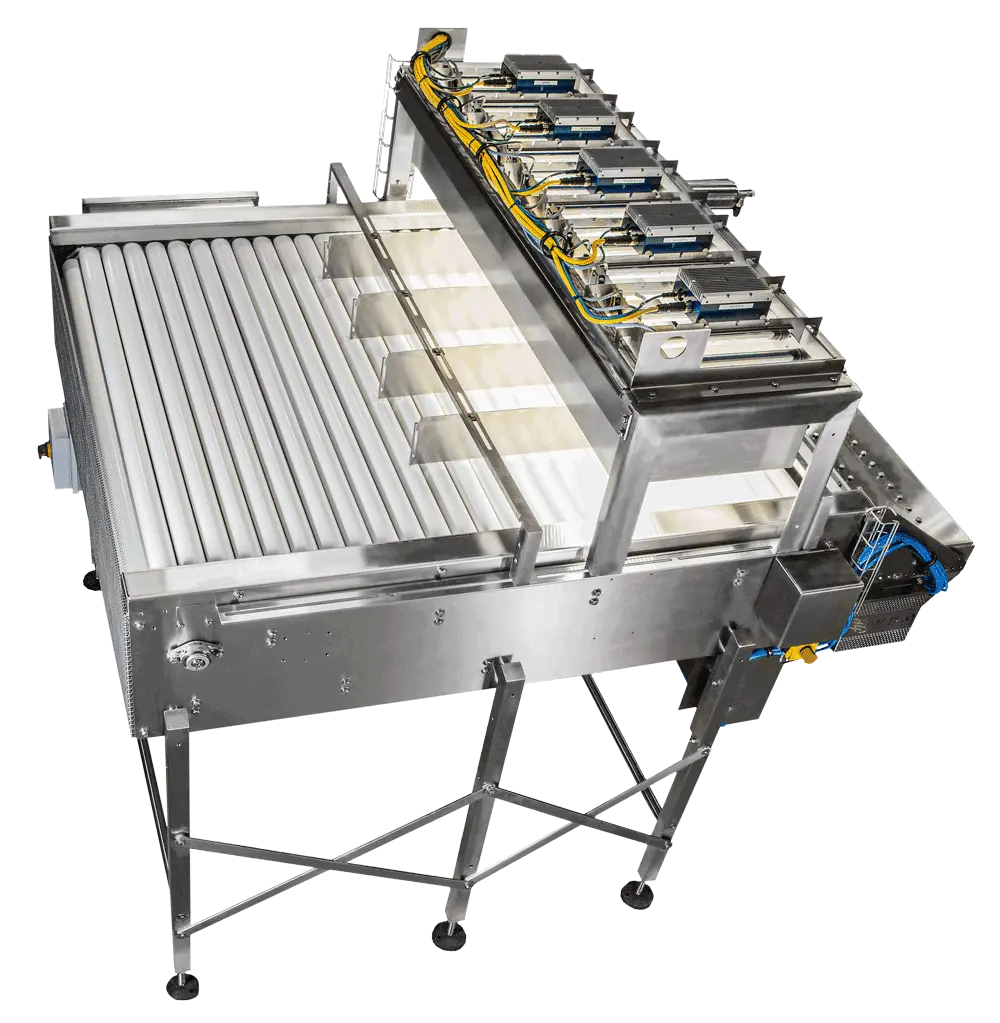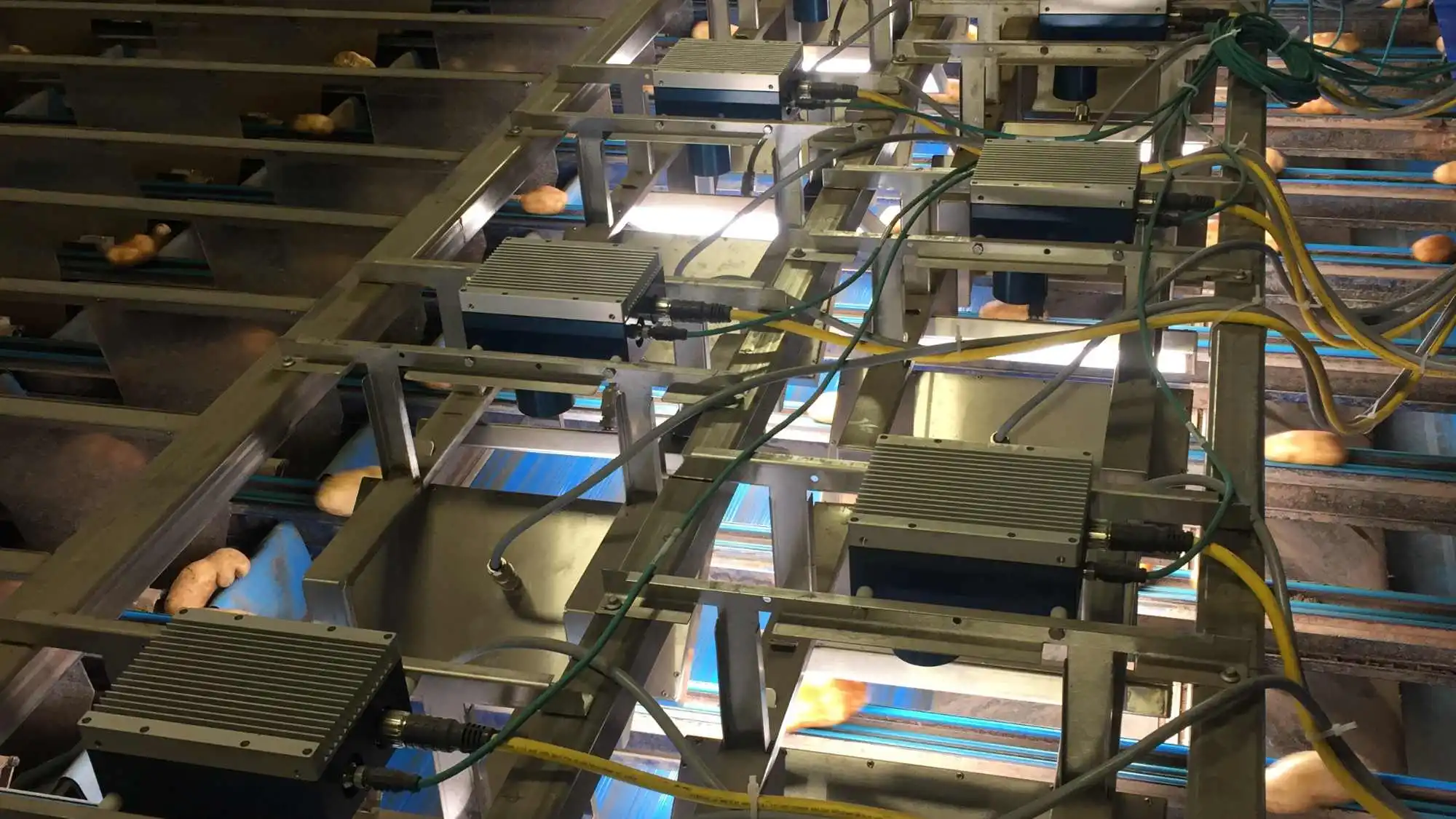Eau

Water is our planet’s most important natural resource, which is why water suppliers, utility companies, industrial labs, and research organizations around the world invest billions of dollars each year to ensure its purity and safety for the environment. Automated discrete, continuous flow (CFA), and segmented flow water analysis technologies from KPM Analytics allow lab specialists to focus on the parameters that are important for the specific type of water being analyzed with greater ease and efficiency.
Not all water is created equal, nor is it intended for the same purposes. From potable (drinking) water, to ground water, sea water, and wastewater, each type of water has its own quality standards and regulations that are monitored by testing labs to protect the global ecosystem and public health.
For any water type, chemical analysis is used extract specific parameters (or analytes) that dictate water quality for a specific application. This data goes a long way in determining whether the water being tested is safe for human consumption, potentially hazardous for industrial processes or equipment, and if it has any impact on the environment.
However, many water quality testing methods are manual, and can become a costly and time-consuming process.
In our era of automation, water quality specialists today have access to improved methods for streamlining their water quality testing programs with the help of discrete, segmented flow, and continuous flow water analysis (CFA) technologies from KPM Analytics. These technologies introduce dedicated reagents to extract values on Ammonia, Nitrate, Nitrite, Phosphates, Silicates, Chromium (VI), Chloride, Chromium, Cyanides, Phenol Index, MBAS, and several other measurable parameters with a high level of accuracy and simplicity. A selection of colorimetric and enzymatic assays are available for testing many critical parameters according to ISO and EPA approved methods.
With growing awareness for the need to protect our planet on a world-wide scale, these tools can help provide in-depth analysis of an increasing number of water samples for routine testing or high-volume continuous monitoring applications.
Lectures supplémentaires


























































